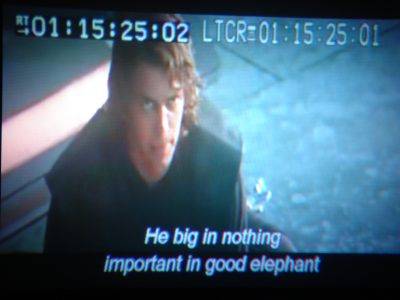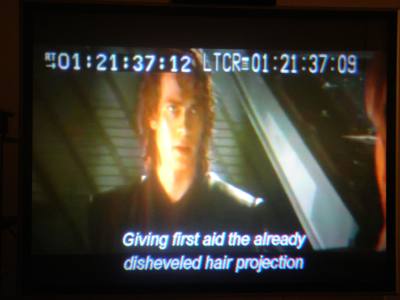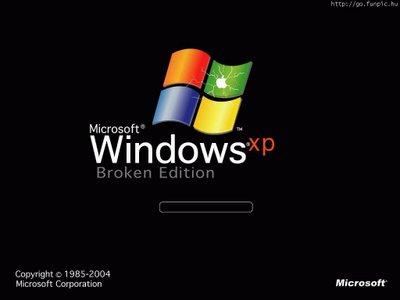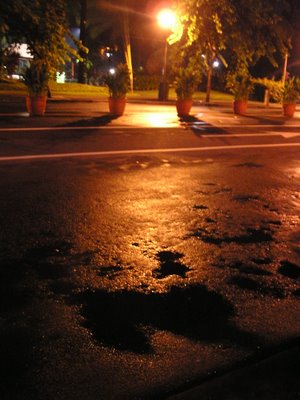Mark thought of developing a product like this early this year. Simultaneous inspiration, I guess. And lots of capital backing. SONY READER SPECS
Display: 15cm diagonally
Battery life: 7,500 pages before recharge
Formats: BBeB/PDF/JPEG/MP3
Size: 175mm x 124mm x 14mm
Weight: 250g
Sony Reader targets book lovers
By Alfred Hermida Technology editor, BBC News website in Las Vegas
Sony boss Howard Stringer unveiled the Reader at CESSony is trying to do for e-books what Apple has done for downloadable digital music. It has launched a handheld device designed for electronic books- dubbed the Sony Reader - at the Consumer Electronics Show in Las Vegas.
It has a screen made from electronic paper that makes text look almost as sharp as it is on a printed page.
Sony hopes the gadget will tempt more people to download and read books in digital, rather than paper, format.
Electronic ink
E-books have not made much of an impact as the experience of reading on-screen has failed to live up to expectations. As a result although sales of e-books are growing they still account for only a tiny fraction of the overall book market.
The electronics giant aims to address this with the electronic paper used for the display in the Sony Reader. It says the six-inch black and white screen will be as easy to read as the printed page.
The technology used means the screen is not backlit, avoiding screen flicker, which can put a strain on the eyes.
The device's display uses technology developed by US-based firm E-Ink which works by electronically arranging thousands of tiny black and white capsules to form characters.
"In recent years millions of people have become comfortable downloading and enjoying digital media, including e-books," said Ron Hawkins of Sony Electronics.
"But until now, there has not been a good device on which to read."
Publishers onboard
The Reader is about the size of a paperback, is 14mm thick at its widest and weighs little more than 250g.
The slim device is the size of a paperback bookIt will go on sale in the spring and is expected to sell for between $300 and $400 in the US.
Sony has realised the importance of making sure there is good content for a gadget like this.
It has done deals with major publishers, including Random House, Penguin and HarperCollins, to sell digital e-books via its Connect online store.
This is similar to what Apple has done with its iTunes music store, which effectively created the market for digital music downloads. But Sony faces a number of challenges.
This is the second time the Japanese electronics giant has tested the waters with an e-book reader.
In 2004 it launched a similar device called the Librie in Japan, which failed to take off due to its high price and the restrictions it imposed on readers.
Additionally other companies are also working on devices using the same E Ink technology. And some are working on flexible electronic paper displays that can be rolled up.











